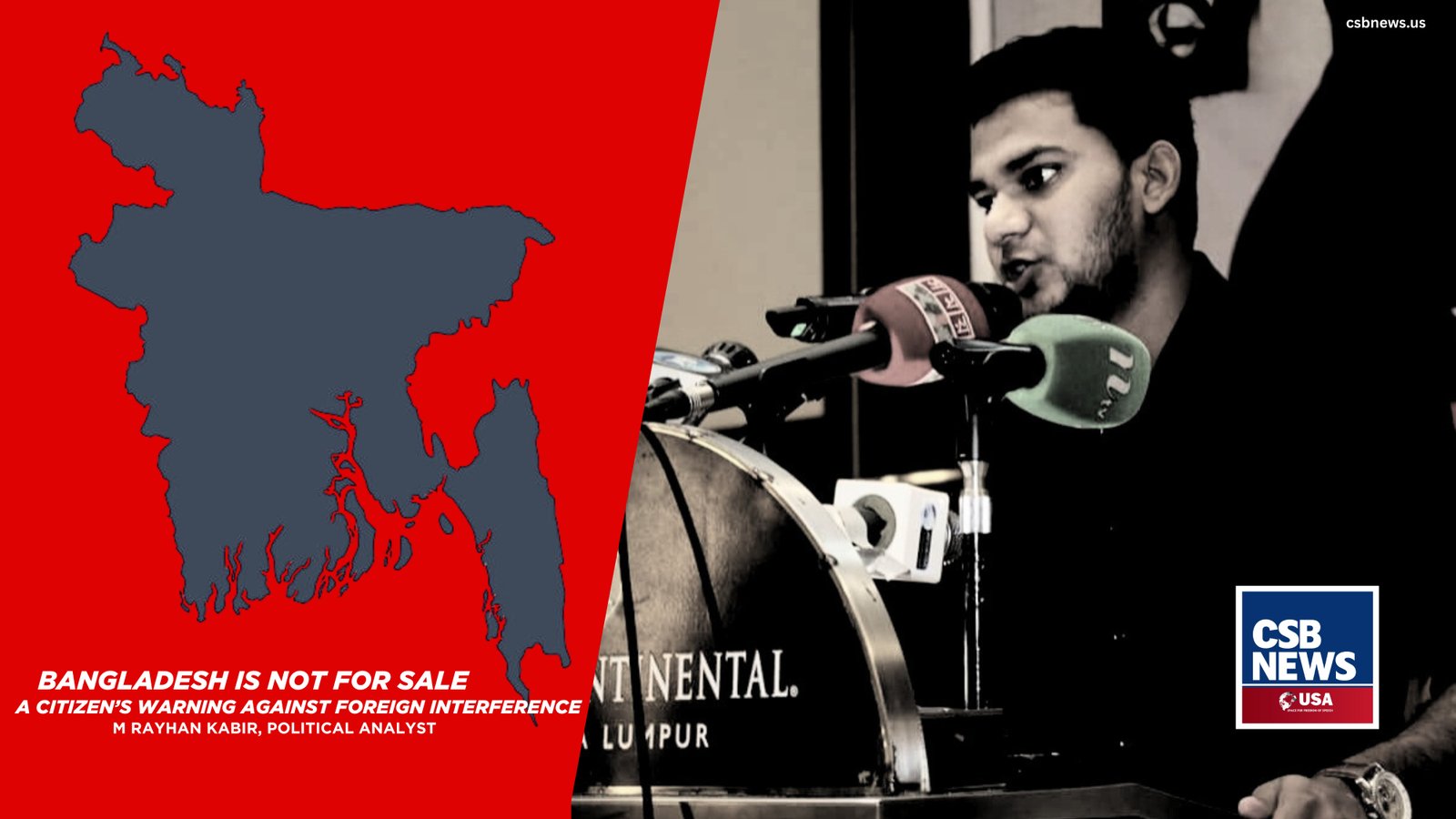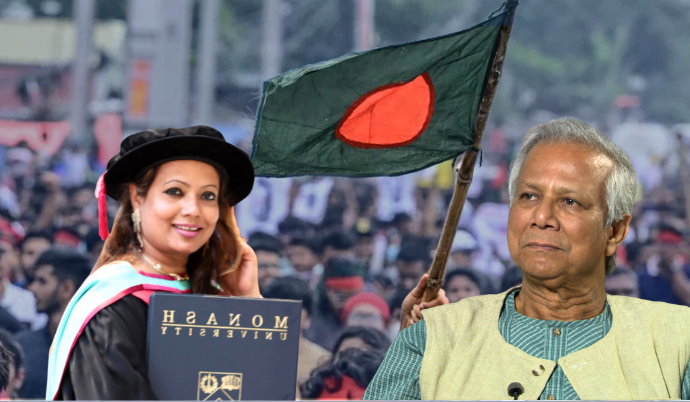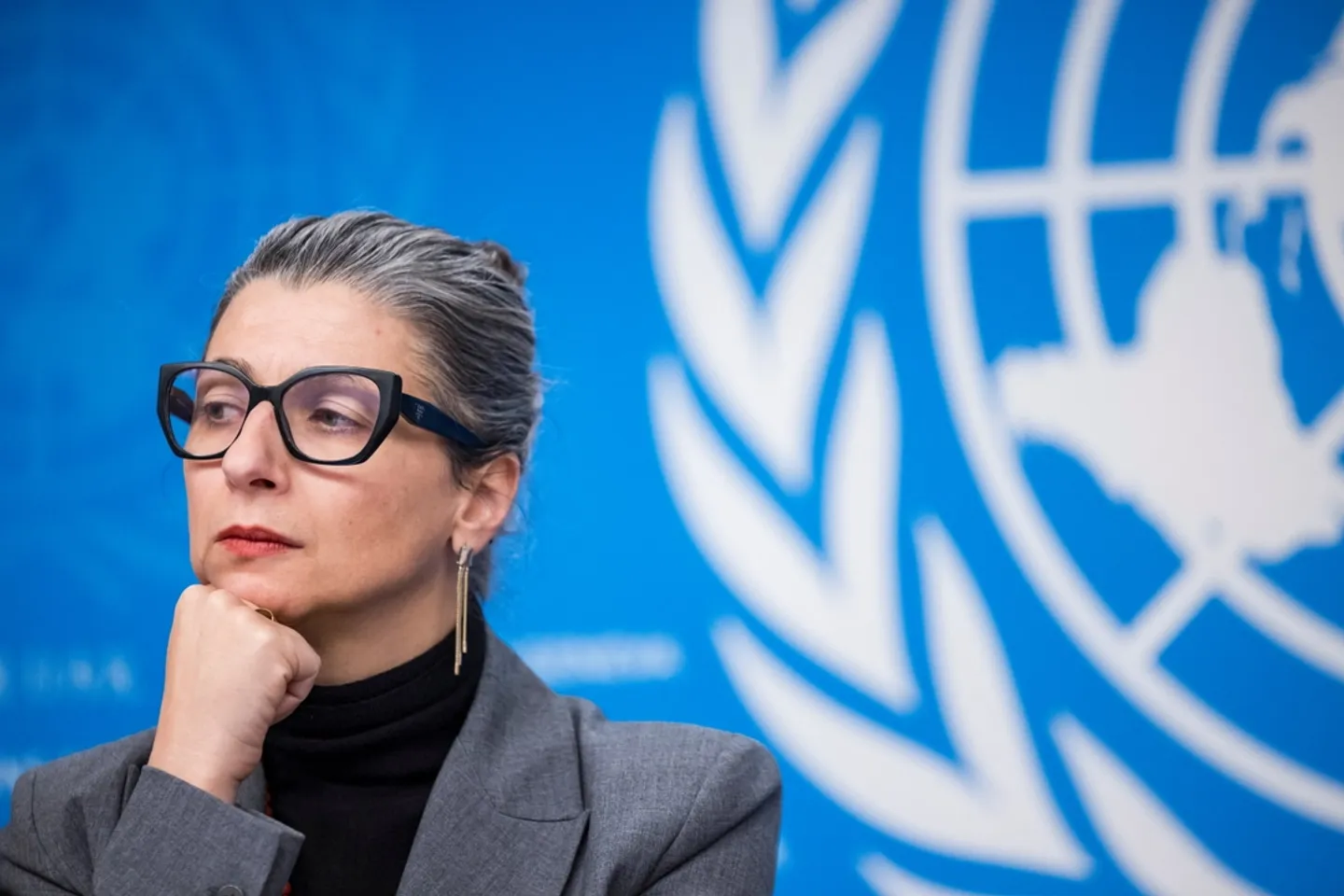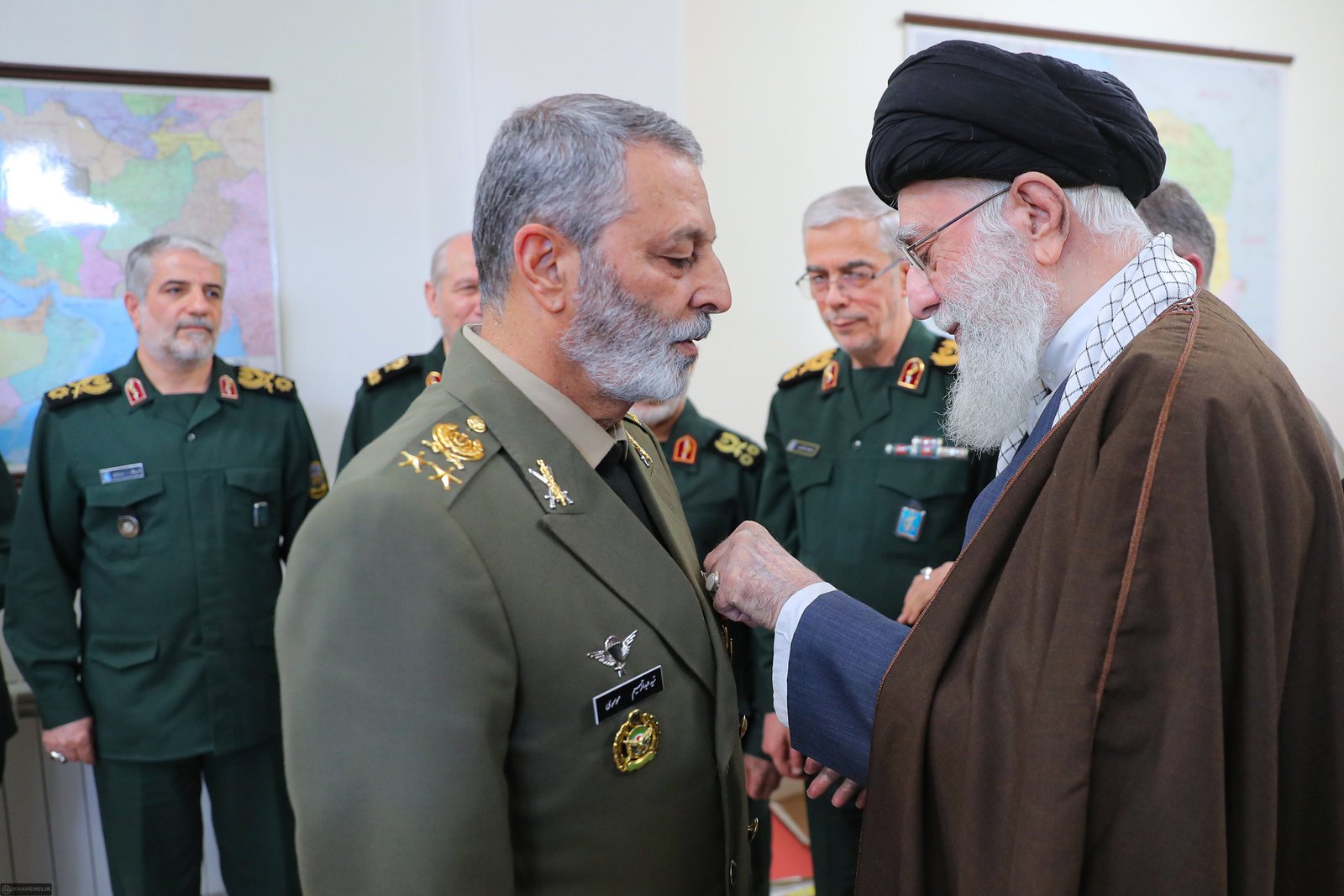“Seek global ethical transparency that upholds human dignity and fundamental freedoms” – Pope Leo Provost at UN’s AI for Good Summit in Geneva Call for global leadership on ethical AI governance
Pope Leo Provost, head of the Catholic Church, has urged the world’s leaders to "seek global ethical transparency that serves as the foundation for human dignity and fundamental freedoms."
“Seek global ethical transparency that upholds human dignity and fundamental freedoms” – Pope Leo Provost at UN’s AI for Good Summit in Geneva Call for global leadership on ethical AI governance
“Seek global ethical transparency that upholds human dignity and fundamental freedoms” – Pope Leo Provost at UN’s AI for Good Summit in Geneva
Call for global leadership on ethical AI governance
Pope Leo Provost, head of the Catholic Church, has urged the world’s leaders to "seek global ethical transparency that serves as the foundation for human dignity and fundamental freedoms."
His written message was delivered on Thursday by Cardinal Secretary of State Pietro Parolin at the United Nations’ “AI for Good Summit” held in Geneva, Switzerland.
Pope’s Warning: AI Must Align with Human Dignity and Ethics
In his statement, the Pope highlighted both the potential and perils of artificial intelligence, stressing that AI must be governed in a way that is consistent with human dignity, fundamental rights, and moral values.
A Call for “Human-Centered AI”
“I encourage you to pursue ethical clarity and to build a coordinated AI governance framework—locally and globally—that is rooted in the intrinsic dignity of the human person and respect for fundamental freedoms,” the Pope stated.
He reminded the international community that AI has now reached a point where it can make autonomous decisions, yet the underlying technological algorithms lack ethical judgment. Thus, it is critical to establish moral oversight structures in its use.
Vision of “Peace Through Order” and Moral Accountability
Quoting Christian philosopher St. Augustine’s concept of “tranquillitas ordinis” or “peace through order,” Pope Leo said AI should be used to build a society that is peaceful and just, where technology serves humanity rather than dominates it.
He added, “AI governance must be based on an ethical perspective that values not just efficiency, but human-centered values.” This ethical responsibility, he emphasized, belongs not only to developers and policymakers but also to every user of AI.
“AI Is No Substitute for Human Relationships”
Acknowledging AI's potential across sectors such as healthcare, education, governance, and communication, Pope Leo noted, “AI can bring significant progress, but it can never replace ethical judgment or genuine human connection.”
Final Message: Develop AI Based on Conscience, Responsibility, and the Common Good
In the closing section of his message, Pope Leo called on the global community to ensure that AI development is guided by conscience, responsibility, and a commitment to the common good.
He stated, “To ensure AI serves the common good, we must act with awareness and wisdom. AI should become a bridge for dialogue and a promoter of fraternity.”
The summit brought together representatives from the United Nations, Swiss government, tech companies, academic institutions, and civil society to discuss how AI can be used to solve global challenges.
In this way, Pope Leo’s message stands as a vital milestone in ensuring the protection of human values in the age of advancing technology.









